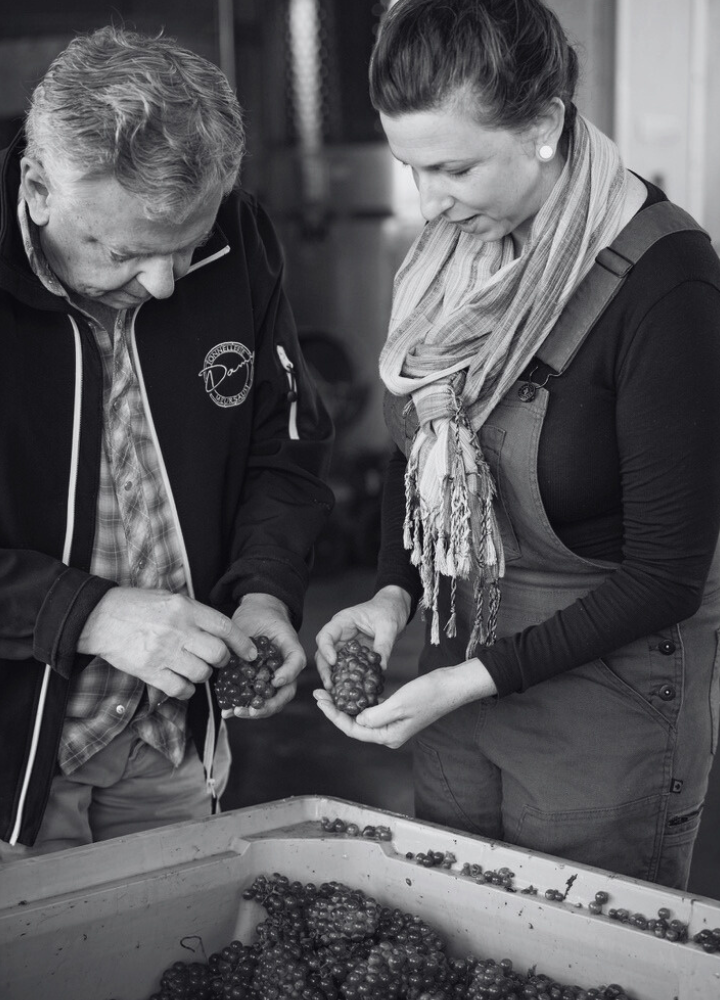Every vintage is a complex partnership between climate, microorganisms, water, humans, and land multiplied by time.
None is dominated by the other.
Explore the stewardship of 00 Wines from soil to glass below.


Chris and Kathryn Hermann
Partners in Life and Winemaking
As founders of 00 wines, for 10 years we’ve been hand-in-hand exploring the world of cool-climate fine wines regions together.
Chris Hermann grew up in the Willamette Valley, Oregon in the 1950’s. His family became early patrons of Willamette Valley’s pioneering winemakers. He earned his J.D. with an Environmental and Natural Resources Certificate, from the University of Oregon School of Law. He co-authored a statute in the State of Oregon that made a major historical and financial impact on facilitating environmental cleanups.
Kathryn Hermann left behind her digital media at IAC in New York City to found and run the family wine venture. Growing up in the 13th generation of a New England family that farmed in Western Maine, she developed her palate for wine while exploring the smells and impressions of the coastline and inland forests that she remembers fondly from her childhood.


The Willamette Valley Soil Series
The Organic Engine Underground
The Willamette Valley lies between the Cascade Range on the east and the Coast Range on the west in Northwestern Oregon, USA.
The dominant soil series in the Willamette Valley include Jory, Willakenzie, and Nekia.
Jory soils are well-drained, fine-textured Haplohumults with a dark reddish brown silty clay loam. The vineyards of the Eola-Amity Hills AVA, where we procure much of the Chardonnay fruit for the VGW blend, the Seven Springs single vineyard, and Richard and Freya Hermann Cuvée wines, are mostly comprised of the Jory soil series (pictured).


The Barrel Makers
Building the Frame of Oak for Structure and Finish
We work with small, independent barrel makers, “coopers”, who understand the balance and craft of creating barrels that frame our wines rather than overpower them.
The art of barrel-making is steeped in centuries of tradition. While modern cooperage methods have evolved, there is still a significant amount of handcrafting involved in creating barrels for fine wines. This traditional skill requires a deep understanding of wood properties, fire-toasting techniques, and the intricate methods of shaping the barrel. The cooper’s expertise helps to maintain the quality and authenticity of the wine.
